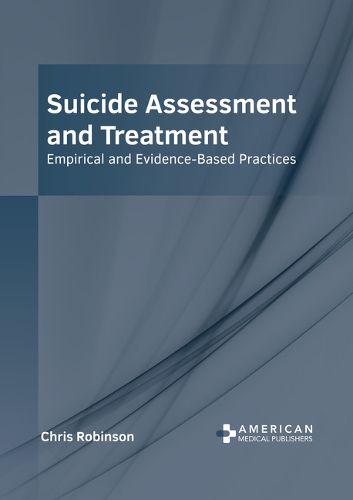Suicide Assessment and Treatment: Empirical and Evidence-Based Practices

Suicide Assessment and Treatment: Empirical and Evidence-Based Practices
Suicide is referred to as the deliberate act of causing one's own death. There are several risk factors associated with suicide, such as nihilistic beliefs, substance use disorders, physical disorders like chronic fatigue syndrome, and mental disorders like depression, schizophrenia and anxiety disorders. Suicides are impulsive acts driven by stress from financial crisis or academic difficulties, relationship problems like breakups, divorces, harassment and bullying. Various preventive measures can be adopted to decrease suicide attempts, including improving economic conditions, treating mental illness and substance misuse, restricting access to suicide methods like poisons, drugs and firearms, and careful media reporting about suicide. Its assessment involves predicting the chance of a person attempting suicide. The purpose of risk assessment is to study the conditions of an individual in relation to suicide, along with protective factors, warning signs and risk factors. This book contains some path-breaking studies the assessment and treatment of suicide. It will provide comprehensive knowledge to the readers.
This item is not currently in-stock. It can be ordered online and is expected to ship in approx 2 weeks
Our stock data is updated periodically, and availability may change throughout the day for in-demand items. Please call the relevant shop for the most current stock information. Prices are subject to change without notice.
Sign in or become a Readings Member to add this title to a wishlist.


